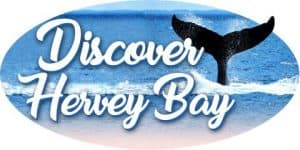The TSA (Transportation Security Administration) has fairly complicated rules about liquids allowed on a flight. According to the 3-1-1 law, you can’t bring liquid in containers greater than 3.4 oz or not packed inside a quart-sized bag. However, one ‘hack’ people have been known to use, to get their water bottles past customs, is freezing them solid. So, does this trick actually work?
Frozen water can pass customs since it does not violate the TSA’s 3-1-1 rule. It is only permissible past the checkpoint if it is solidly frozen when inspected. However, if the water is somewhat melted, the authorities must review it to see whether it passes the 3-1-1 liquid rule.
It is important to note that the final decision remains with the TSA agent at the inspection. It’s better if you just carry an empty bottle with you at the airport and fill it once you’re inside the terminal.
How To Bring Frozen Water Through Customs
The most important thing to remember is that if your drink isn’t completely frozen, it won’t be allowed to pass through the screening and onto the plane. If you genuinely want to bring the water bottle along, you must make sure that the water is frozen until you have gathered your belongings and passed the screening process.
Once the bottle is through the screening process and past the TSI agents, you can buy warm water at the airport to make the water drinkable.
However, some TSA employees might still not allow you to bring the frozen bottle along. That is why you need to be knowledgeable about the rules so that you don’t have to throw away your drink unnecessarily.
Explaining The 3-1-1 Liquid Rule
If you’re looking to carry a bottle containing more than three o.z of water in your hand carry, you’ll most likely encounter the 3-1-1 rule during the screening process. This rule denotes one of the three TSA fluid limitations you must be aware of.
Limit A – The Travel Size Container Restriction
The first aspect of the 3-1-1 rules means that liquids, gels, or sprays inside your carry-on luggage should be in containers less than 3.4 oz or 100 ml. If you are confused about what classifies as a liquid, the TSA has specified, “If you can pump, smear, spread, spray or spill it, it’s a liquid.”
A key thing to note here is that the size of the bottles is more important than the quantity of water inside them. Therefore, you cannot carry a 5 oz bottle containing only 3 oz liquids. The customs agent will seize any large bottles, even if they’re half empty.
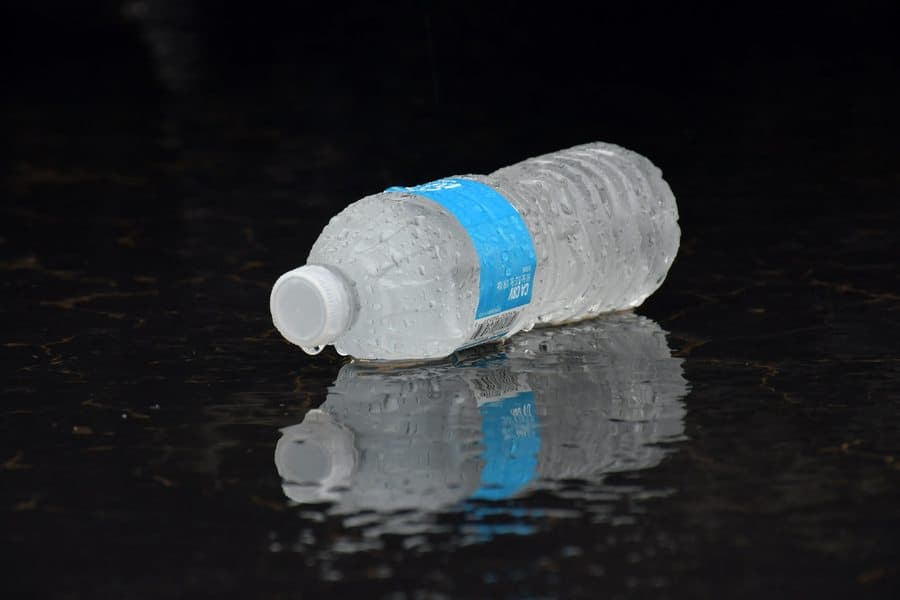
Limit B – Quart-Sized Bag Rule
The first ‘1’ in the 3-1-1 rule means placing all liquids containers such as toiletries in a single quart-sized plastic bag. The plastic bag can be as simple as a Ziploc or toiletry bag. The bag should be able to hold up to 6 or 7 travel-sized bottles as well.
The TSA also recommends that your plastic bag be transparent so security personnel can easily view your toiletries and belongings, which speeds up the screening process.
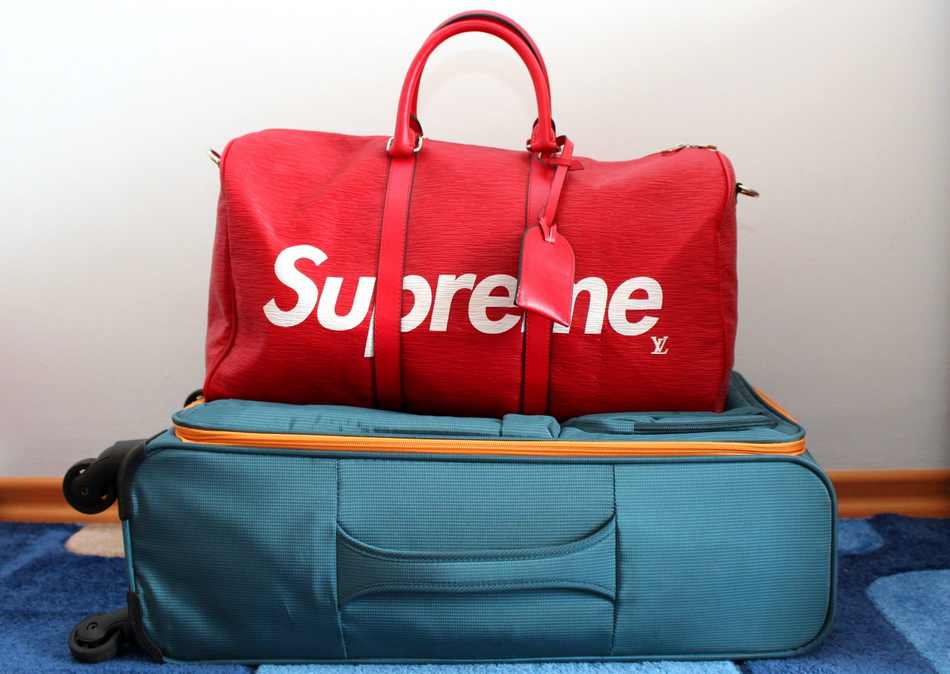
Limit C – One Liquid Bag Per Passenger
The last 1 in the 3-1-1 rule denotes that you can only bring one plastic bag per passenger while passing through security. During the screening process, take the plastic bag out and drop it in a safety bin to help with the screening procedure.
An important thing to note here is that this rule doesn’t mean one plastic bag per suitcase. You are allowed to bring two toiletry bags if you share a carry-on bag with your partner.
Exemptions To The 3-1-1 Rule
Certain exemptions to the 3-1-1 rule allow you to transport liquids in containers greater than 3.4 oz. These are not required to be packaged in a quart-sized bag.
Traveling With A Baby
If you’re carrying an infant, you can bring more significant quantities of baby formula or breast milk. You can also get bigger container sizes of juice, yogurt, or liquid meals for your infants. But if your child can walk without the help of an adult, the TSA no longer considers them a baby, and the exemption no longer applies.
Medicinal Requirements
You can also transport appropriate amounts of liquid medicine through the TSA checkpoint. However, remember if the liquid container is very large, it will require extra screening. That is why it’s always a good idea to put these fluids in a different bin so TSA inspectors can examine them.
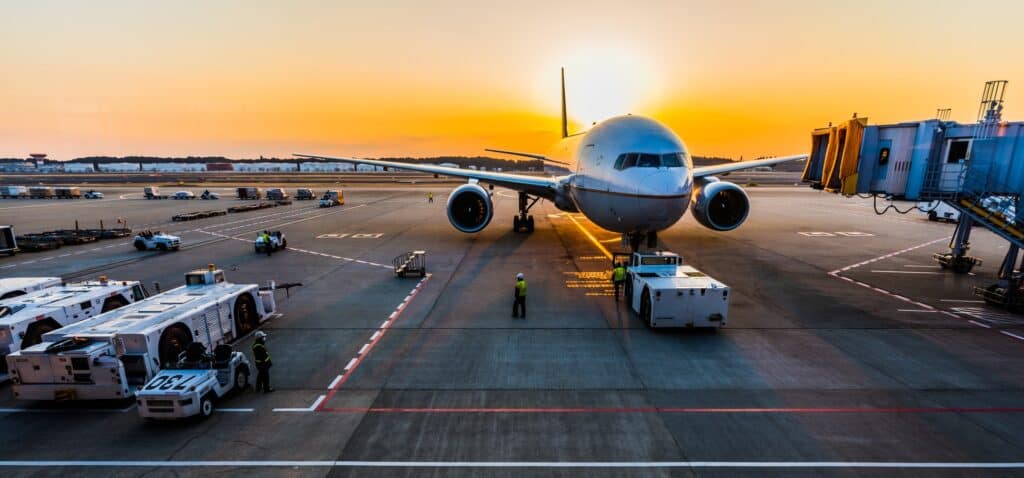
Why You Can’t Carry Regular Water In Containers Larger Than 100 ml
Due to prior terrorist activities, the TSA has limited the total volume of liquids per passenger. The TSA introduced this legislation after two terrorists were prosecuted for planning to use peroxide-based liquid explosives on a flight going through the UK, US, and Canada.
Another reason for this rule is that the x-ray machines cannot correctly identify the type of liquid inside a container during the screening process. That is why the TSA had no other alternative but to introduce the 3-1-1 rule so that they can properly check what items the passengers are bringing on board.
FAQs
Do Frozen Fruit And Vegetables Pass By Customs?
Due to the possible pest and disease threats to American agriculture, nearly all frozen fruits and vegetables won’t pass through customs. Therefore, it’s better to leave them behind before passing by Customs.
What Happens If Customs Confiscate My Water Container?
The TSI agents will most likely place your water container, among other confiscated food items, inside a “contraband” bin. When the bin is full, it is crushed inside a grinder!
Do Bakery Items Pass By Customs?
Baked items are allowed if they are packaged. Most types of cheese are also allowed as long as they are properly wrapped. Most condiments are allowed in their original containers.
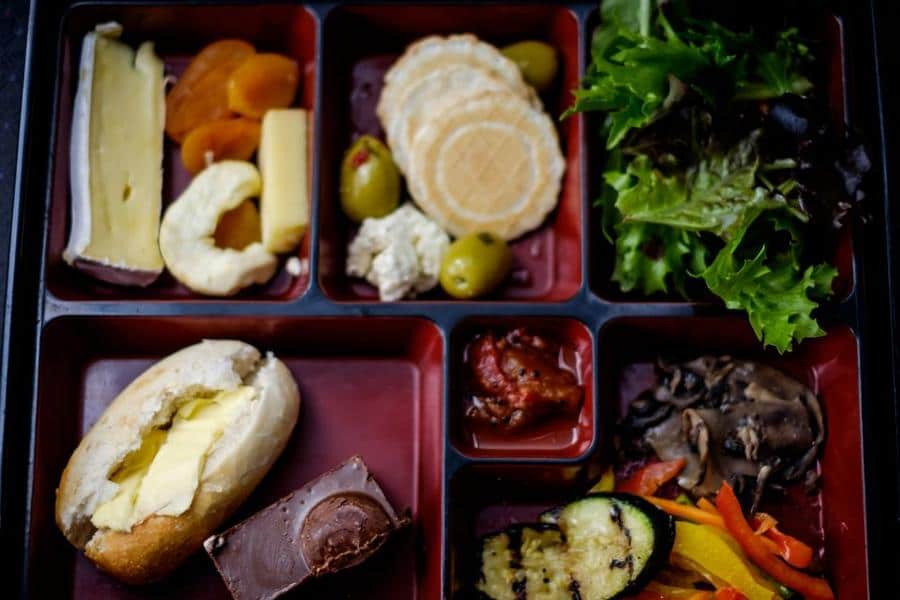
Conclusion
The TSA follows the 3-1-1 rule pretty diligently, and you should as well. However, if you want to bring water inside a container, freezing it works as a trusted hack. Just make sure that the water doesn’t melt before the screening processes otherwise, all that effort will go to waste!
Resource Links To Products We Use And Recommend
More Pages On Other Areas
There’s been a steady rise in interest in cruise ships worldwide. With everyone wanting to see what all the chatter’s about, many are first-timers. So, if you’re one of those individuals and...
There are always risks where there is money involved, and renting a car is no exception. Even though you are only paying for a car temporarily, you should always be aware of the risks before handing...
